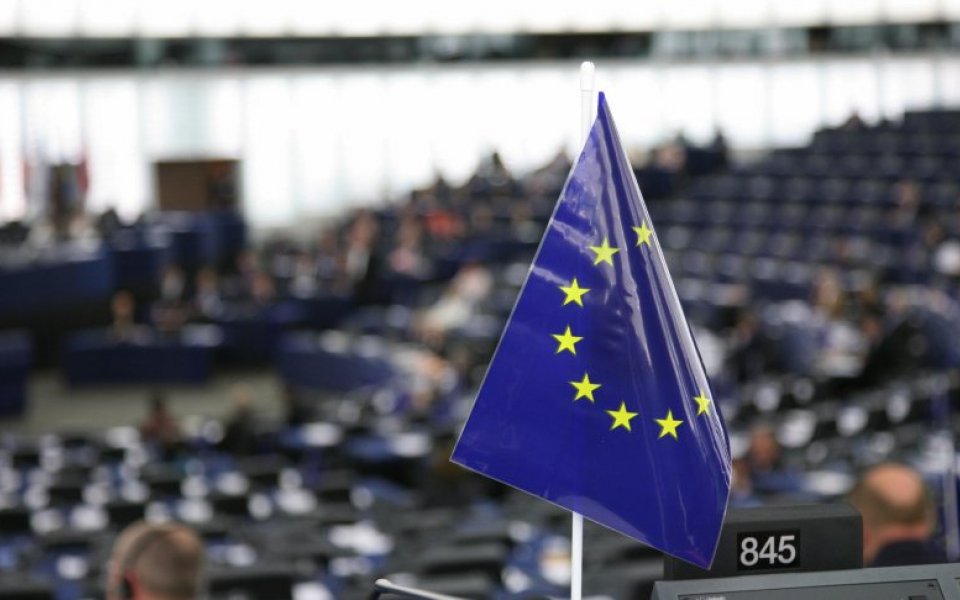The EU referendum will intensify calls for a smaller state – whatever the final result

The next four months will shape UK politics and economics for the next decade and beyond. Based on polling today, the electorate is likely to reject Brexit. But views can shift, and a few high-profile resignations from the Cabinet – throwing careers to the sword – might begin to move public opinion towards the exit door. However, let’s make the assumption that, come the referendum, the majority is for the status quo. Does that change anything? Yes it does, big time.
The morning after the referendum, the Prime Minister is going to face a very large number of Conservative backbenchers seething with anger. Some will be bought off with promotion to the front bench, but my guess is that the majority won’t be, and that spells trouble. If the Brexit vote is lost and Britain remains in the EU, the Prime Minister’s majority in the House of Commons could disappear, effectively, at the same time. It’s not difficult to imagine the Conservative Right turning on a Prime Minister they’ve long held doubts about. In this regard, they could be encouraged by many constituency parties, who are possibly even more EU-sceptic than their MP.
Suddenly a huge swathe of Conservative backbenchers will be in rebellious mood, and that could signal two fundamental shifts. First, there’s likely to be intense pressure on the chancellor to shift economic policy to the right, with tax cuts – especially if he wishes to move next door into Number 10. Second, sovereignty issues will re-emerge in the form of powerful demands for an English House of Commons.
One could of course argue that these two demands would be likely to occur in the event of a vote for Brexit, and that is true up to a point. But my hunch is that more red (blue?) meat will be required to assuage backbenchers in the event of a vote to stay in the EU.
Let’s now drop the assumption that the electorate will vote for the status quo, and instead assume that the referendum result is for Brexit. What happens then? Well clearly those angry backbenchers will be in a state of near ecstasy and that creates a host of different problems for the Prime Minister (even if he doesn’t face calls to stand down as a leader who lost a referendum). The right will be on the march, emboldened to seek smaller government, wherever they turn.
Of course, moving outside the EU raises the question of tariff walls before you can get into the EU. Received wisdom is that, given our trade deficit with the rest of the EU, this is a straw man. But Brexit could trigger a degree of irrationality in the rest of the EU as it shoots itself in the foot. Whatever the outcome here, the government will need to give a very powerful signal that the UK is not only still open for business, but better business. This again means lower tax rates and substantial deregulation.
So if you think the EU vote is just about the EU, think again. The EU vote will shape the size of the state, and the future constitutional settlement in the UK, for a generation. This shouldn’t surprise us, because at root the EU issue is a clash of worldviews around the nature of political sovereignty and the role of the state versus the individual.